FCA Tests the Water on Business Interruption Insurance
A test case brought by the FCA, seeks to clarify wording used in business interruption insurance. If successful, it could have profound implications on almost 400,000 policy holders.
The FCA is bringing the case in order to end uncertainty around how pandemic related business interruption claims should be treated by insurers, and how any resultant losses should be assessed. As part of this, they will be examining the fine print of more than 40 insurers including Hiscox, Royal Sun Alliance, QBE and Ecclesiastical (the largest insurer for churches).
The case centres on a number of key areas of dispute including:
Denial of access: Many business interruption policies cover against losses incurred from being denied access to premises. This will have been a serious issue for many businesses which were forced to close during the height of the pandemic. Some also cover losses incurred because premises have been closed by public authorities, due to an emergency which endangers human life.
Losses: In a successful claim, losses will need to be assessed against what the business would have earned if the interruption had not occurred. In this case, the uncertainty surrounds whether this includes what the business would have earned had there been no pandemic, or what it would have earned had it stayed open during the pandemic. If it’s the latter, many businesses, such as pubs, will see relatively little benefit as the pandemic would have reduced business to near zero even if they had been able to stay open.
Notifiable disease: A number of policies will provide businesses with cover if there has been a notifiable disease at or near their business, within a specific radius.
Business interruption insurance has been top of the regulator’s agenda during the pandemic. According to a report from McKinsey, 60% of small and medium sized businesses feel their insurers were not transparent over how COVID-19 would affect their policies.
Many who had business interruption cover will have assumed they’d have had some protection from their insurers only to discover that diseases such as COVID-19 are specifically excluded.
Confidence and trust in the sector has fallen with a third of businesses saying they will stop buying business interruption cover altogether.
It’s a difficult balancing act for the insurance sector. On the one hand, insurers were keen from the outset to make it clear that they would not be on the hook for any business interruption pay outs.
A spokesperson for Ecclesiastical said:
“Our business interruption policies were not designed to provide cover for pandemics and have specific exclusions against infectious diseases like Covid-19 within them.”
Even before the lockdown, the industry was making its stance clear. The Association of British Insurers asserted at the time that:
“Irrespective of whether or not the Government orders the closure of a business, the vast majority of firms won’t have purchased cover that will enable them to claim on their insurance to compensate for their business being closed down by the coronavirus.”
However, insurers are also keen to avoid severe reputational damage as a result of the pandemic. Ecclesiastical says it has provided some measures of support including enhanced cover and an automatic extension in cover for 30 days beyond renewal to prevent customers becoming unintentionally uninsured.
The argument boils down to definitions. While the FCA accuses insurers of ‘cherry picking’, they accuse the regulator of blurring the lines between distinct items.
Jonathan Gaisman QC, acting for Hiscox, said:
“We need to be aware that when the FCA invokes what the parties must have meant, the intention or at least the effect of that phrase is often to camouflage those points in its argument where there is nothing but their assertion.”
Court proceedings are now under way with a decision expected in September. The decision will be watched closely by businesses and the insurance sector alike.
To speak to us or subscribe to our newsletter please contact us here.
Or message us via the chat icon in the bottom right corner of your screen.

